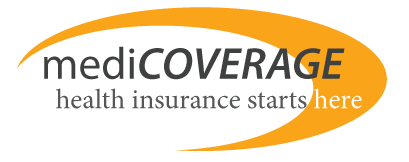Medigap pros and cons: what you need to know
If you’re considering Medicare supplemental insurance, also known as Medigap, it’s important to weigh the pros and cons before making a decision. Medigap can enhance your Original Medicare coverage by providing additional benefits, but it does come with both advantages and disadvantages. To learn more read the article from Senior65.com Medigap: Pros And Cons.
Take a look at our list of Medigap pros and cons to determine if it’s the right choice for you.
Medigap Pros:
- 1. Plans cover some or all of the additional fees associated with Medicare.
2. Medigap plans are easy to compare since they offer standardized benefits.
3. There is a guaranteed 6-month enrollment period when you’re first eligible for Medigap.
4. All plans provide an additional 365 days of hospital coverage.
5. Some plans offer extras like coverage for excess charges, foreign travel emergencies, and programs like Silver Sneakers.
6. Medigap plans provide nationwide coverage, utilizing the same network as Medicare.
Medigap Cons:
- 1. Monthly premiums for Medigap plans can be costly.
2. It can be difficult to switch Medigap plans once you’re enrolled.
3. There may be limitations on enrolling in Medigap after the initial enrollment period.
4. Not all Medigap plans cover the Medicare hospital deductible.
5. Medigap plans do not include prescription drug coverage, requiring the purchase of a separate Medicare Part D plan.
6. Elective surgeries are not covered by Medigap.
It’s worth noting that Medigap plans are regulated and standardized, ensuring that each company offers the same benefits for a particular plan. While Medigap may have its drawbacks, it serves as a reliable secondary payer to Medicare, covering the costs that Medicare doesn’t. If you’re concerned about the cost of Medigap, you can obtain an instant quote to get an estimate based on your age and location.
For further assistance and guidance, you can reach out to Senior65.com at 800-930-7956.

Comments and Questions
Click to leave a Comment